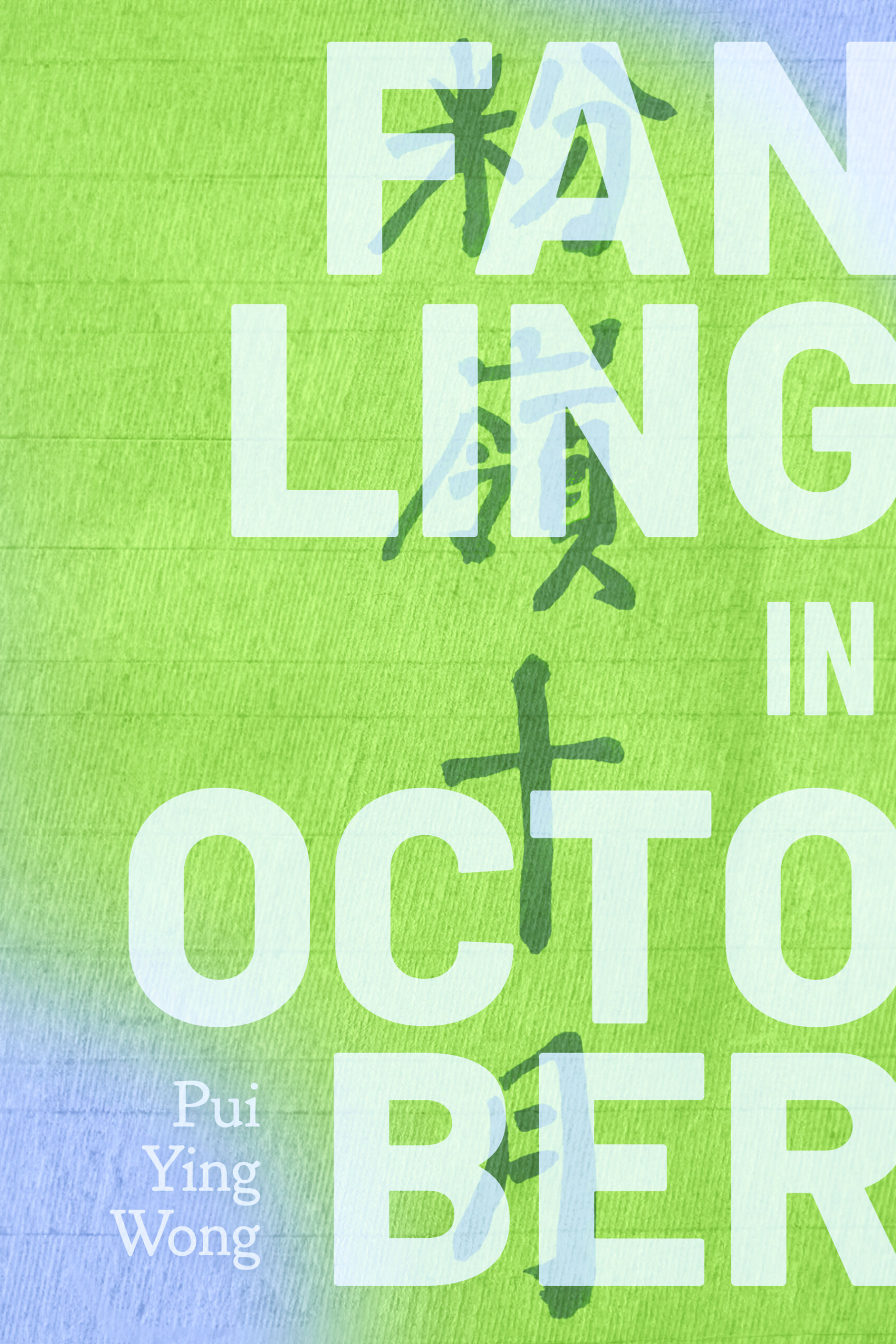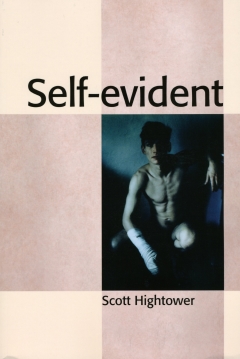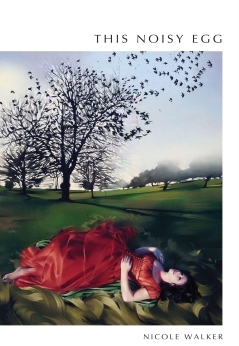In brilliant and wise poems of lyric beauty, Pui Ying Wong refreshes and breathes life into the belief that “the personal is political.” Each close observation of the everyday in these poems, she infuses with her rare knowledgeable empathy in relation to the world’s tragic colonialisms, human displacements, cultural erasures, and historical upheavals. Like no other poet I have ever read, Wong masterfully juggles the magnitude of the paradox of living, lifting, as she says, “the clay of memory / into the clay of these lines.” This book is a kiln remarkably transforming reality into truths.
— Yerra Sugarman
The poems of Fanling in October by the brilliant metaphorist Pui Ying Wong sneak up on you. Her comparisons turn like tiny keys to open vast centuries where “days stretch like nylon socks.” Wong evokes vivid scenes from the past— all the while acknowledging the impossibility of recapturing the very moments she so movingly recreates. As time obliterates Fanling, a neighborhood of Hong Kong, “the red of an empire spreads like jam/over every street.” Yet Pui Ying Wong’s poems accordion out to North America, her lines those of a warmly intelligent person talking to herself—but not minding if she’s overheard. The gorgeous poems of Fanling in October belong in your pocket as you walk and think—thinking all the more deeply because you’re reading Pui Ying Wong.
— Molly Peacock
Pui Ying Wong is a master of the startling metaphor. “Poets gather moments like puddles gather rain”; “the river’s refusal to change course”; “cranes surround it like a team of surgeons”; and many more. What wonderful craft! This singular quality makes her poems miracles of surprise and beauty. But Pui Ying Wong also brings to the reader quiet, compelling insights into life and the world, and command of a virtually lost art: how to end a poem in a way that its last twist is also a new beginning. Reader, read Fanling in October and any concept you have had of the limitations of poetry in our time will vanish.
—Lee Slonimsky




